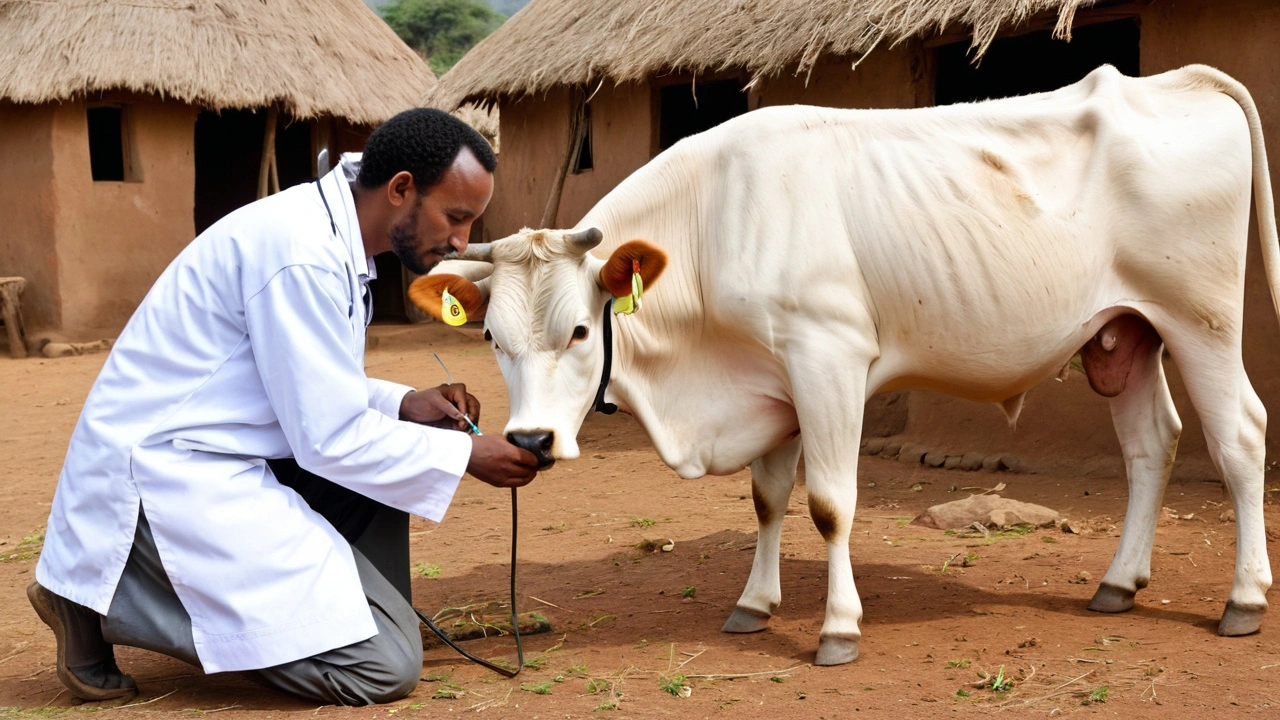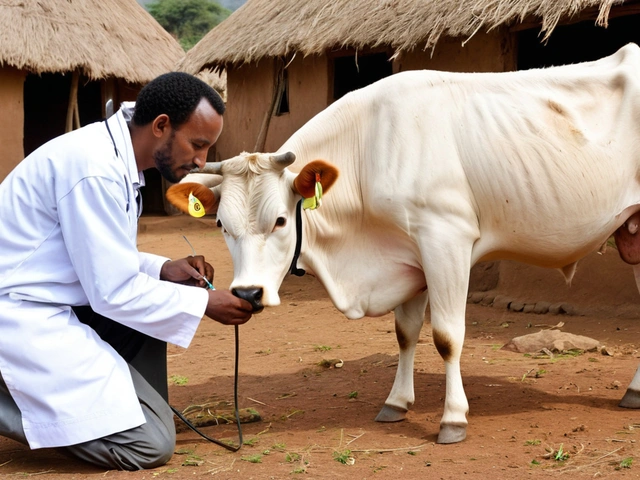Ethiopian Veterinarian Pay: What You Should Know About Vet Salaries
Wondering how much veterinarians earn in Ethiopia or if working with animals pays off? Let’s cut through the guesswork and talk real numbers, job prospects, and what affects veterinarian salaries in Ethiopia.
First off, the pay for veterinarians across Ethiopia varies a lot. Most vets who work for the government or in public clinics usually earn less than those in private animal hospitals or who run their own practices. On average, an entry-level vet at a public clinic can expect a monthly salary starting around 4,000 to 7,000 ETB. If you gain experience or specialize—let's say in livestock or exotic animal care—you can demand more, sometimes double that, especially in private practice or consultancy roles.
The location where you work also makes a difference. Cities like Addis Ababa or Mekelle offer higher salaries and more advanced facilities, while rural areas may pay less but might come with additional perks like housing or allowances, typically due to staff shortages. If you choose to work with international organizations, NGOs, or large agribusiness firms, the pay scale jumps—some vets earn upwards of 18,000 ETB per month or more, depending on the project and funding source.
What’s behind these numbers? Demand for vets is rising, thanks to Ethiopia’s huge livestock industry. The country has one of Africa’s largest populations of cattle, sheep, and goats. There’s a constant need to tackle animal disease, improve livestock productivity, and develop food supply chains. If you’ve got skills in animal diagnostics or herd management, that’s a bonus, and your earning potential grows.
Education matters, of course. Most employers expect at least a Bachelor’s degree in veterinary science. If you pursue a Master’s or get certifications—think animal nutrition or advanced surgical procedures—you unlock higher pay brackets and jobs that require advanced knowledge. Internships during university or volunteering with animal welfare groups look great on your résumé and can get your foot in the door.
If you’re entrepreneurial, opening your own animal clinic or consultancy offers yet another income path. Urban pet clinics are popping up as more people keep pets in cities. There’s also a growing pet food and pet accessory market. Some vets supplement their income by selling imported animal medications or providing mobile animal health services, especially in remote areas.
Networking plays a big role. Many well-paid vet jobs in Ethiopia go to those with strong connections in the agriculture or NGO sectors. Attending local conferences or joining professional groups can expose you to better opportunities and keep you updated on salary trends and vacancies. If you’re fluent in English, Amharic, and even local languages like Oromo or Tigrigna, you’ll have a serious edge with employers serving diverse communities.
To sum up, while starting salaries for Ethiopian veterinarians may seem modest, there’s room to grow—especially if you specialize, get more education, or move into private or NGO roles. Stay curious, keep networking, and don’t be afraid to think outside traditional clinic work. Animal health is big business, and Ethiopia’s demand for skilled vets is only increasing.





